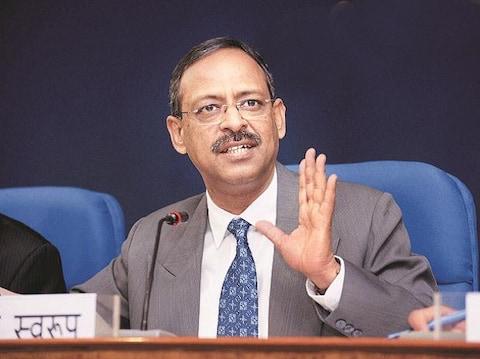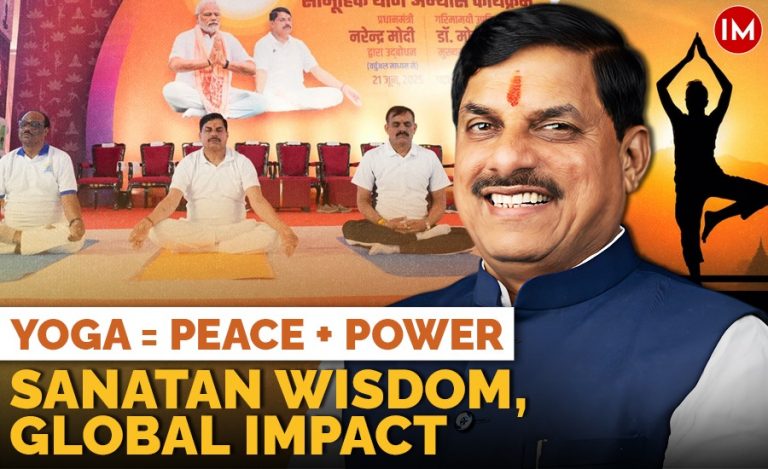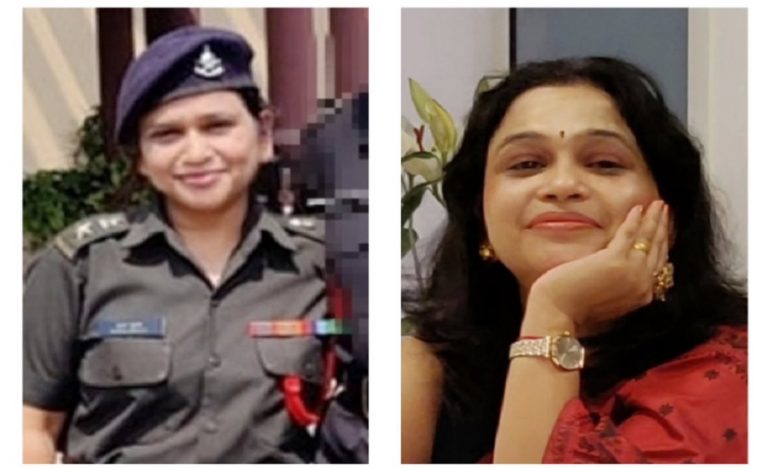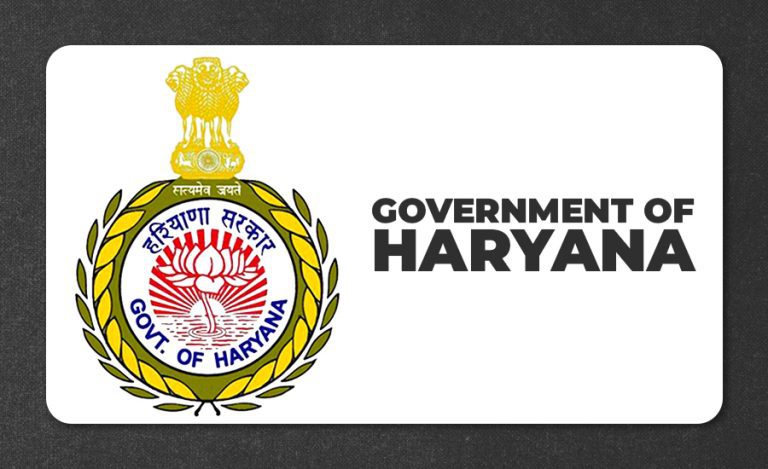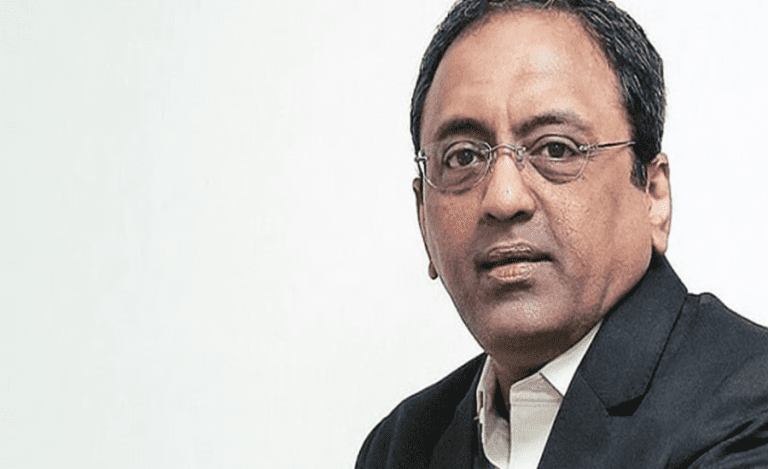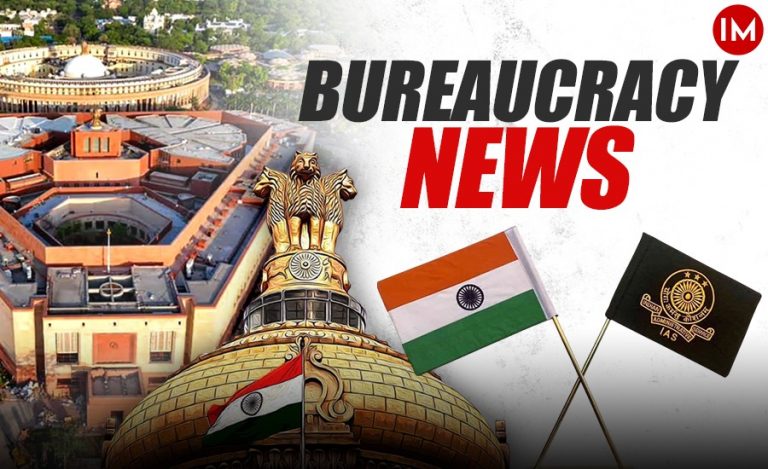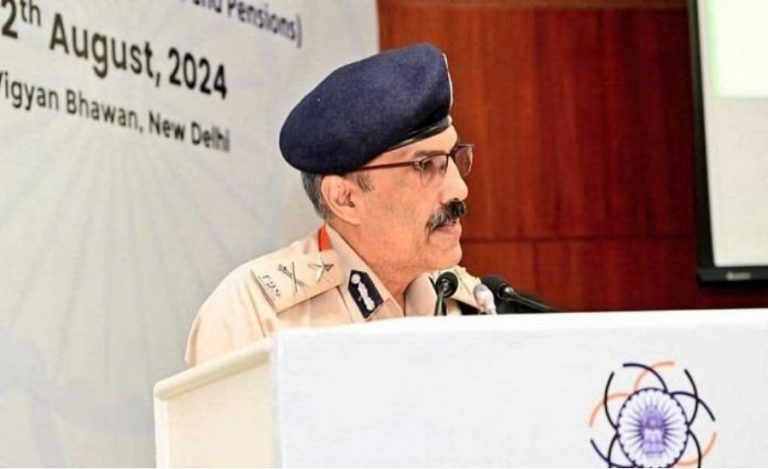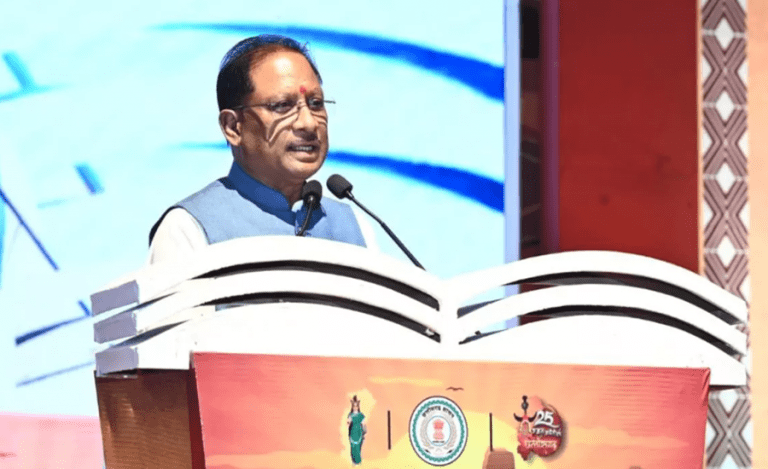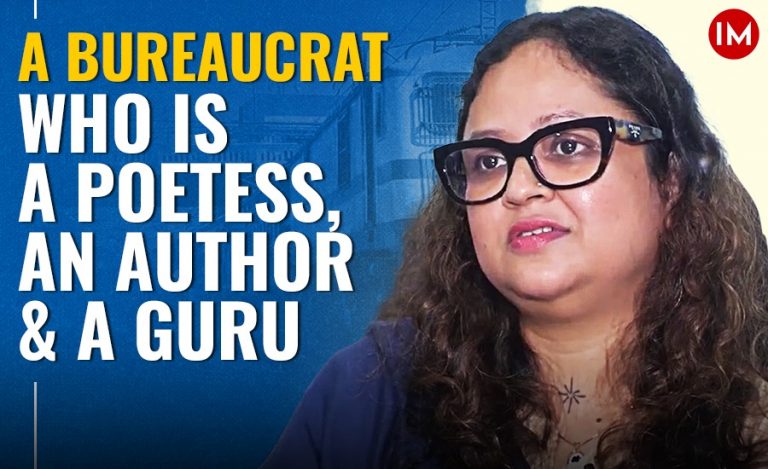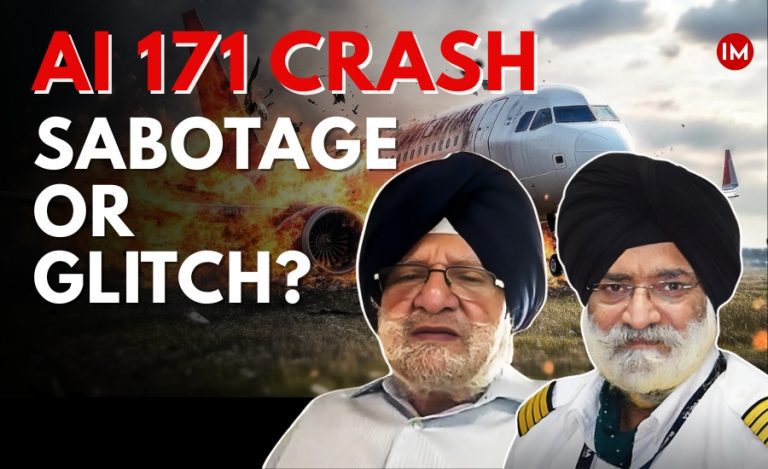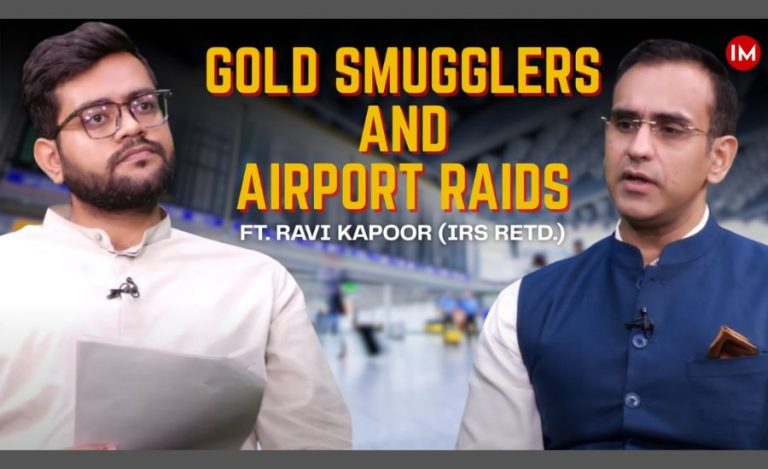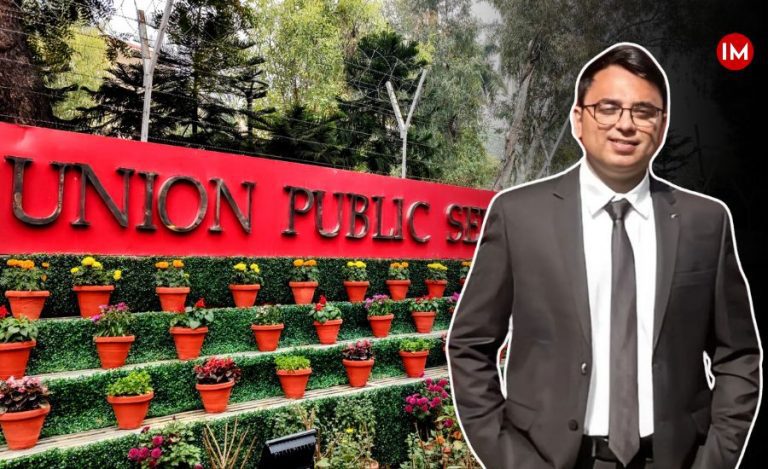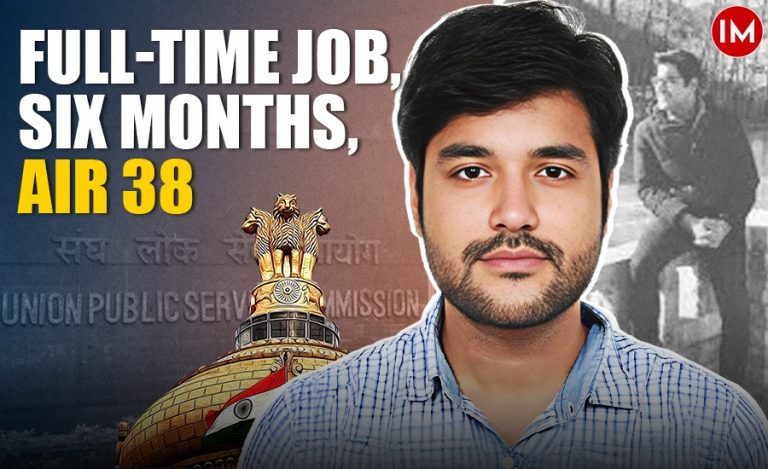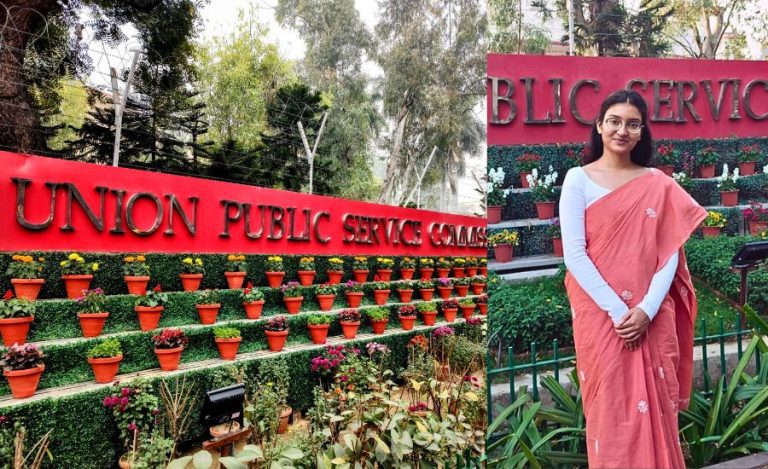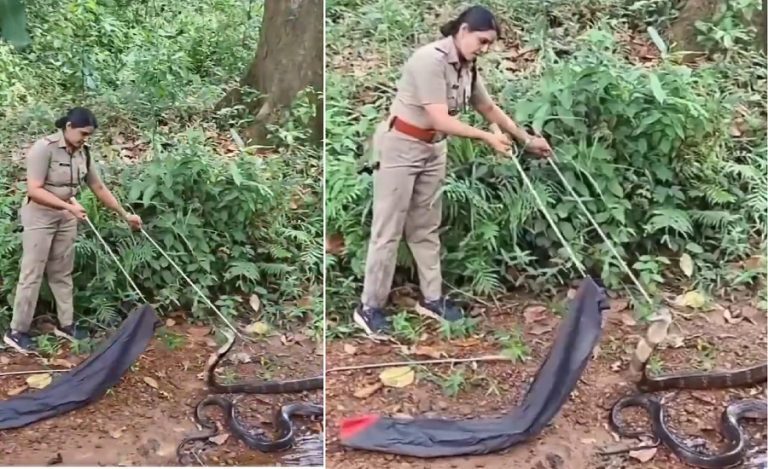The CBSE Results were declared recently and the parents were proudly announcing the percentage of their wards on social media. The wards deserve this encouragement and appreciation. However, it would be advisable both for the guardians and the wards to make a realistic assessment and not go overboard.
It was reported a couple of years ago in a leading English Daily: “Delhi University’s LSR college sets cut-offs at 100% for three UG courses” (Fortunately, this would not be the case now as there is an entrance exam for admission to colleges). The farce of cent-percent marks has indeed travelled a long distance. I discovered this farce within a year of my taking over as Secretary, School Education, Government of India in 2016. A number of students in India were scoring cent percent in English Literature! This was true of other subjects in humanities as well.
Upon scrutiny, it was revealed that many Examination Boards were spiking marks in the name of moderation. The entire exercise had apparently begun with providing grace marks to the students of class 10 and 12 to pass but gradually it morphed into an exercise to enable the examinees of these Boards to secure admission in Central Universities (primarily Delhi University).
SPIKING MARKS BY 10 PERCENT
Broadly speaking, a child who got 16% marks in a particular subject could pass it with grace marks of around 5% and the corresponding figure in case of all subjects came to around 10%. Thus, we had a scenario where students who should have been detained by a long margin passed easily. Another problem was that almost every student used to get 10% marks more than they actually deserved.
This led to a situation where a large number of students scored 95% in Central Board of Secondary Education (CBSE) as this was the ceiling of spiking set by the Board. Effectively every student who used to score between 85% and 95% ended up getting 95%.
MYSTERY OF 100 PER CENT MARKS
What could be a greater farce! In some other Boards, the ceiling was as high as 100%. This resulted in students getting 100% even in languages (English and Hindi). Shakespeare would indeed be turning in his grave, but the situation was not considered grave enough in India as the present was benefitting at the cost of the future.
Despite this travesty, the all India pass percentage of 80% in CBSE was a poor reflection on our education system. The pass percentage would have plummeted substantially had this inflation of marks been disallowed. No one was prepared to face the facts. Chairman of a State Board who chose to face the facts and disallowed inflated marking was sacked.
The moderation policy of CBSE was built around the following tenets:
1. To compensate the candidates for the difficulties experienced in solving the question in a specified time due to misinterpretation/ambiguity of questions and errors, if any, leading to a multiplicity of performance, and causing constraints on the consumption of time for other questions.
2. To compensate for the vagaries and to bring uniformity in the evaluation process.
3. To bring parity on account of the element of subjectivity involved in the evaluation.
4. To level up the mean achievements in the set-wise performance of the candidates attributable to the difference in the difficulty level of different sets of question papers in the multiple sets scheme.
5. To maintain a near parity of pass percentage of the candidates in the current year vis-à-vis preceding years, subject-wise and overall.
6. To safeguard against arbitrary and careless evaluation due to the variance in the competency of examiners.
WIN-WIN FOR ALL
The giveaway was point 5 that indicated ‘to maintain a near parity of pass percentage of the candidates in the current year vis-à-vis preceding years, subject-wise and overall.’ This farcical pass percentage was allowed to continue because of this provision. A mistake once committed was mandated to be perpetuated.
It continued on account of another reason. Every stakeholder was happy with this delusion. The student was obviously happy because he got more marks. He was consciously oblivious of the fact that he didn’t deserve as many marks. The teacher was happy because, on average, each child scored more. The school could claim distinction even though it didn’t actually exist. The governments were happy because the State was seen to be performing well.
THE DANGEROUS DELUSION
There was nothing legally wrong but it was creating delusions in all stakeholders’ minds and this was not good for the country. Hence, it was needed to be corrected. A strategy was evolved to take care of this malaise. During my visits to the States, the issue was discussed with the concerned authorities. Almost everyone agreed that this pernicious practice should be stopped but they were compelled to continue as others would not stop.
A meeting was then convened to discuss the issue. Quite surprisingly a consensus was arrived at. All the State boards, except Kerala, decided to stop awarding moderation of marks for upward revision/ spiking of marks from the current year and subject to amendment in the State regulations if required. However, the Kerala Board confirmed it would do away with moderation from the next year.
BITING THE BULLET
Consequent to this decision, the respective State governments dispensed with the spiking of marks in the name of moderation. In Karnataka, the pass percentage dropped by around 8%. The Union Minister even complimented the State government for biting the bullet. In Punjab, the pass percentage fell by more than 10%. Many other states chose to face the truth as well.
CBSE too was now gearing up to do away with spiking. But influential parents of the wards in Delhi were not prepared to give up the illusion of a high percentage based on farcical spiking. Ironically, the list included politicians, civil servants and advocates whose children had appeared in standard XII and were not prepared to give up the bonanza of spiked marks.
HALF-TRUTHS PREVAIL
The media too got involved and the interested parties managed to convey half-truths. A petition was filed in the High Court as well and it was alleged that CBSE was changing the ‘goal post’ midway. It was difficult to fathom how doing away with across-the-board spiking of marks could be construed as ‘changing the goal post’.
The High Court ordered that moderation of marks should continue the way it had been done during the previous years. There was no mention of spiking in the order. CBSE chose to follow the orders in letter and spirit on the direction of the Union Minister. Everyone seemed to be happy as the pass percentage did not drop.
What was in fact sacrificed was a principled stand to do away with spiking. To me, it was a huge embarrassment as we had failed to live up to our words. It also left me wondering about the actual academic performances of students assessed under this system today.

